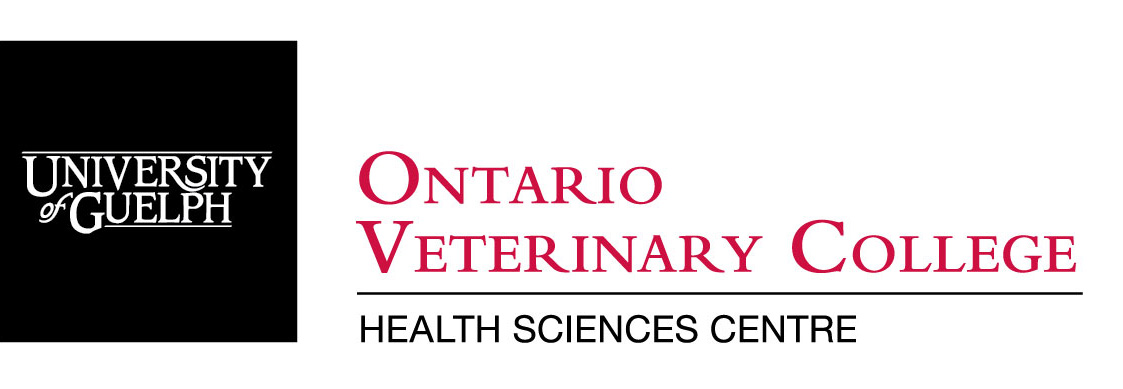How does payment work? Is a deposit required?
A member of your veterinary care team will discuss all recommended diagnostics and treatments with you and will provide you with an estimate for your pet’s care. This estimate will cover a range as certain elements of your pet’s stay may vary, such as the treatment and length of hospitalization.
Upon admission, a deposit payment is required and is calculated on the high end of the estimate cost range as follows:
Resident of Ontario
50% if estimate is less < than $10,000
75% if estimate exceeds > $10,000
Non-Resident of Ontario
100% of estimate
As applicable, the remaining balance is due at the time of discharge. We are happy to provide you with financial updates throughout your pet’s stay. Accepted payment methods are debit, Visa, and MasterCard. Card payments can be made online or by calling Reception.
What happens once your pet is admitted?
Once your pet is admitted to hospital they will be placed in a large kennel, run, or cage and will be provided with bedding, food, water, and lots of attention! Cats are given a litter box and dogs are walked frequently. The senior student veterinarians will work closely with your pet and they will call you with regular updates. You will also receive frequent updates from the primary clinician (intern or resident) responsible for your pet’s care. If your pet needs to stay with us for treatment, we ask that you take home all leashes, collars, and personal items. We do not want those valued items to be misplaced while your pet is in our care. Should an item inadvertently stay with your pet while hospitalized, items will be held at OVC for approximately one week with unclaimed belongings donated to a charitable organization.
Note, we can provide information on local hotels and restaurants if you need to stay in town.
If I’m bringing my pet to a teaching hospital, does this mean they will be receiving their care from students?
Students are a valued part of the veterinary care team and can provide your pet with a high level of personalized attention as they monitor their progress and ensure that they receive all of their medications. All care provided by students is supervised by licensed veterinarians.
May I visit my pet if they are hospitalized?
Yes, most pets can be visited. However, there may be some situations where this is not possible. Please work with your veterinary care team to schedule visits as appropriate. The number and length of visits are based on your pet’s health status.
Will my regular veterinarian be informed of the results of the tests performed?
Yes, we work closely with your family veterinarian to ensure the best possible care for your pet. Your family veterinarian will be updated by phone with preliminary test results and treatment plans. They will also receive a discharge summary, which is a summary of your animal’s history, tests, diagnosis, treatments, and recommendations for further treatment.
My pet is going to require recheck appointments; what does this involve?
Depending on your pet’s condition, recheck visit(s) may be necessary and, depending on the nature of the condition, may be performed either at the OVC HSC or with your family veterinarian. The schedule of rechecks, as well as any cost estimates for rechecks performed at the OVC HSC, will be discussed prior to your pet being discharged from the hospital. After your pet has been discharged, members of the OVC HSC will be available to discuss any test results with you and/or your regular veterinarian to ensure continuity of care.
Will my pet receive sedation?
Sedation may be used to ensure the safety of our patients and personnel. It is standard of care to administer sedative agents during diagnostic and therapeutic procedures such as radiographs, ultrasound, and intravenous and urinary catheter placements. The decision to administer sedation is at the discretion of the attending veterinarian(s) and is done with the patient’s best interests in mind. In most cases the use of sedation will be discussed with you in advance to outline the reasons for administering the sedation and to discuss any side effects of the medication used. Although all reasonable precautions are taken, in some rare instances, unpredictable and mild adverse effects of sedation may occur. Pets receiving sedation will be monitored closely and not discharged until the attending veterinarian feels they have sufficiently recovered, and that it is safe to send them home.
What are the after-care options for my animal?
In the unfortunate event that your animal dies or is euthanized we will discuss the following after-care options with you.
- Communal aftercare arranged by OVC HSC (no charge)
- Private cremation via Gateway Pet Memorial or another government regulated collector
- Composting via Barn Angels or another government regulated collector
- Pet cemetery company burial
- Owner burial excluding animals that have had a post-mortem
(owner responsible for adherence to applicable burial regulations)
